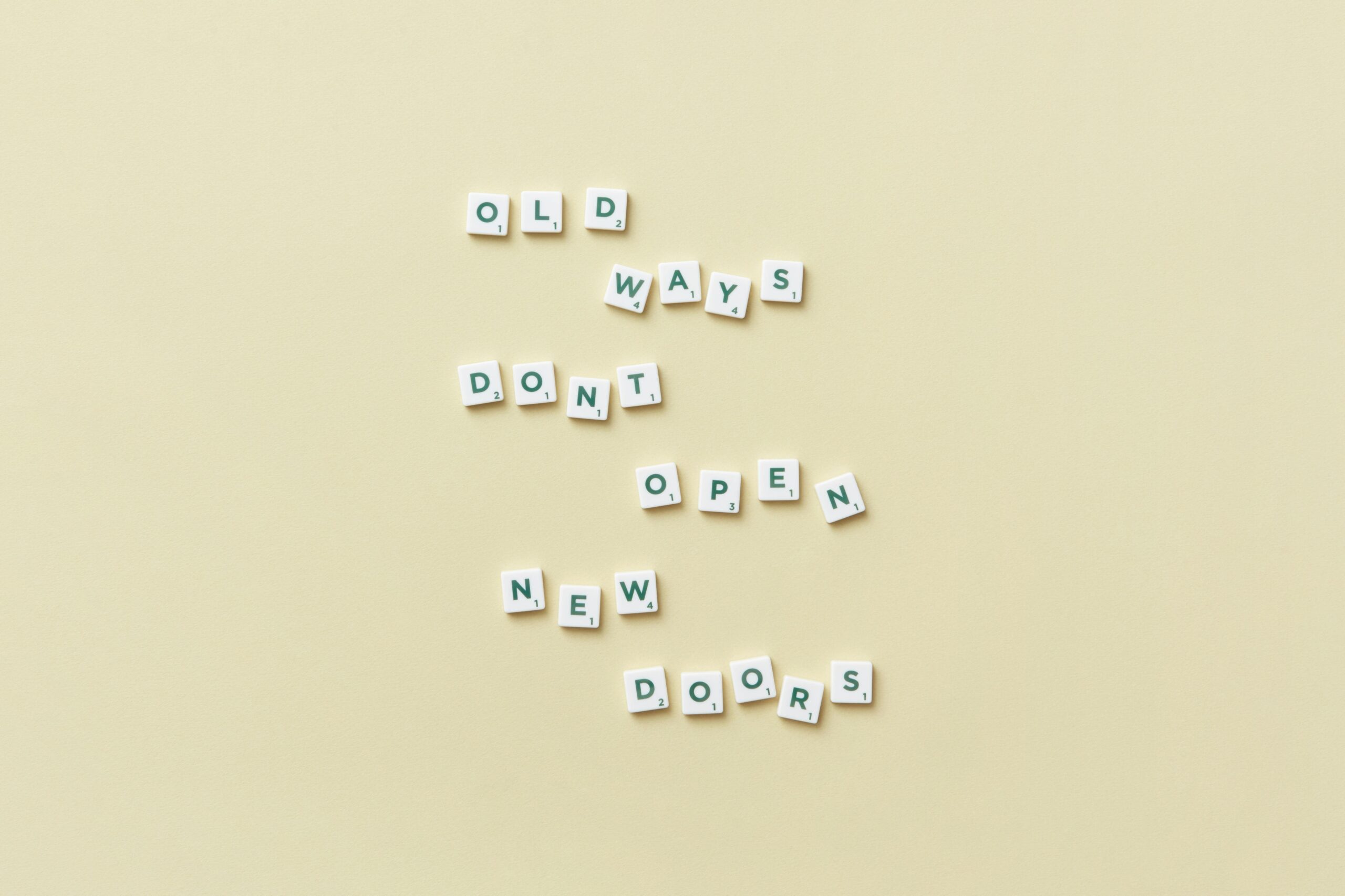How to let go of past mistakes and move forward
It’s 2 AM and you’re wide awake, replaying that thing you said in 2019. Your brain won’t shut up about it. Every time you try to focus on literally anything else, there it is again – your personal highlight reel of “times I completely messed up.”
And the part that really gets me – we think this mental torture session is somehow productive. Like if we just replay it enough times, analyze every angle, and feel sufficiently terrible about it, we’ll somehow travel back in time and make different choices.
But that’s not how time works. And it’s definitely not how healing works.
I spent years carrying around a collection of mistakes like some twisted trophy case. Each one carefully preserved, polished with fresh guilt every few days, and displayed in my mind for maximum self-punishment. I thought this made me a thoughtful person. Turns out, it just made me exhausted.
Holding onto past mistakes doesn’t make you more careful. It doesn’t make you a better person. It doesn’t prove you’ve learned anything. It just keeps you trapped in a version of yourself that doesn’t exist anymore, solving problems that are already over.
Learning to release past mistakes is part of the practice of letting go of what no longer serves you – whether that’s old relationships, outdated beliefs, or emotional baggage that’s weighing you down.
The real reason you can’t let go
Let’s start with some uncomfortable honesty about why you won’t let go of that thing you did. Because despite what you tell yourself, it’s not really about “learning from it” or “taking responsibility.”
You’re holding onto your mistakes because some part of you believes you deserve to suffer for them.
Maybe you think constant self-punishment proves you’re a good person who takes responsibility. Maybe you believe that if you stop feeling bad about it, you’re somehow minimizing the impact. Or maybe you’ve convinced yourself that guilt is the only thing standing between you and becoming a terrible person who hurts others without caring.
But what actually happens when you can’t forgive yourself is that you make worse decisions. You play smaller. You apologize for existing. You second-guess every choice until you’re paralyzed by the possibility of adding another mistake to your mental collection.
The people who move forward fastest from mistakes aren’t the ones who feel the worst about them – they’re the ones who learn the lesson and apply it immediately.
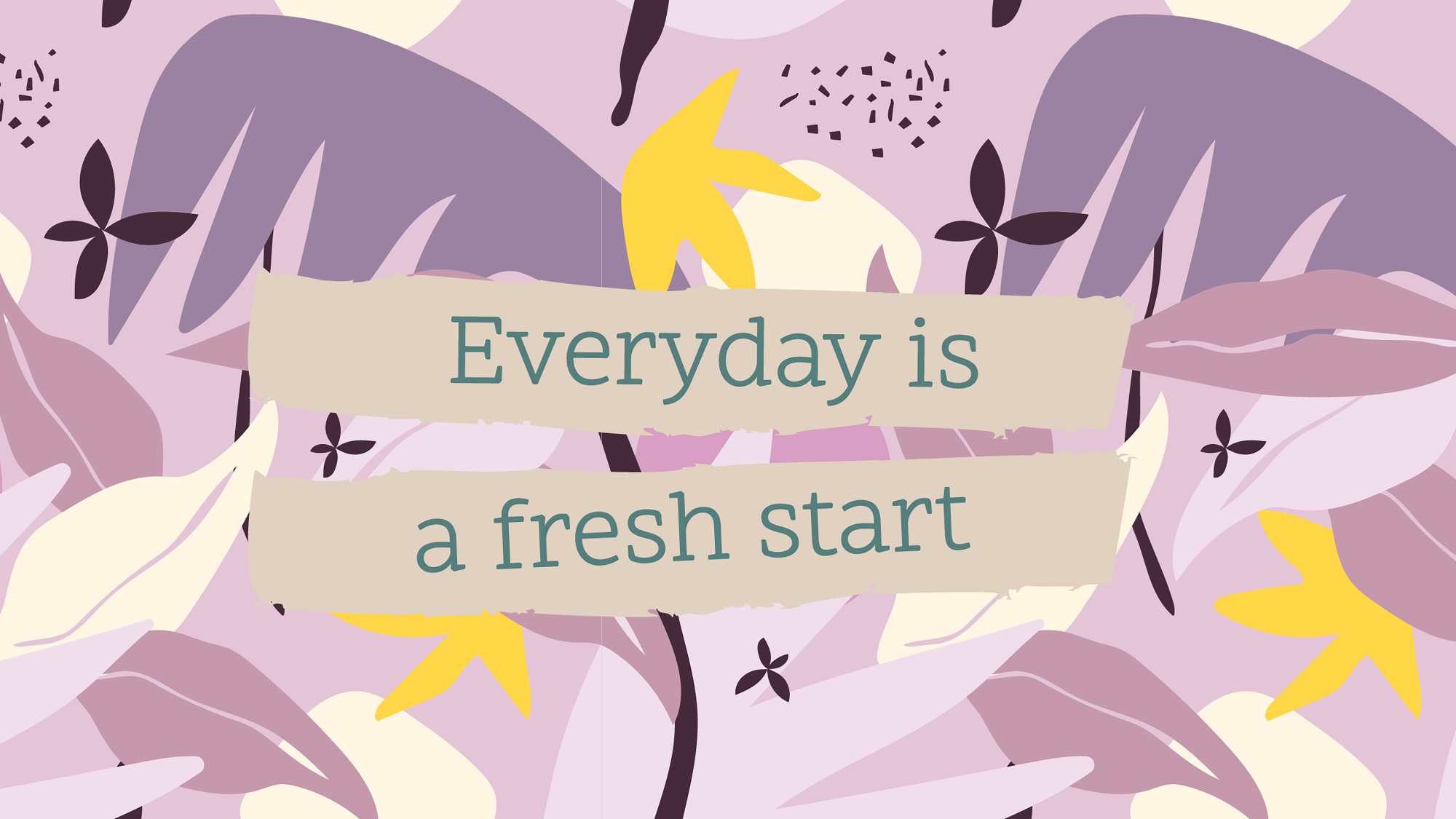
Why your brain is obsessed with mistake replay
Your brain isn’t trying to torture you (even though it feels like it). It’s trying to keep you safe. Every mistake gets filed away as crucial survival information. Your brain’s primitive logic goes like this: “If I keep reminding you about this terrible thing that happened, you’ll be more careful and it won’t happen again.”
The problem is, your brain is using a really outdated operating system. It’s still running on software designed for our ancestors who needed to remember which berries were poisonous and which animals might eat them. It doesn’t understand the difference between “I said something awkward at a party” and “I almost got eaten by a saber-toothed tiger.”
So it treats every mistake like a life-or-death learning opportunity that must be reviewed constantly.
What happens in your brain during mistake replay:
You remember the mistake, and your nervous system activates like you’re in immediate danger. Your brain releases stress hormones. Your body tenses up. Your thoughts race. All the same physiological responses you’d have if you were actually in the situation again.
But you’re not in the situation again. You’re just lying in bed at 2 AM, giving yourself a full-body stress response about something that’s already over.
And every time you replay the mistake with this level of emotional intensity, you’re actually strengthening the neural pathway associated with failure and shame. You’re literally training your brain to expect failure and feel shame more easily.
It’s like practicing failure over and over in your mind, then wondering why you keep expecting things to go wrong.

The three types of mistake carriers (which one are you?)
After years of watching people (including myself) struggle with this stuff, I’ve noticed that most people fall into one of three categories when it comes to carrying around past mistakes. See if you recognize yourself:
The perfectionist prosecutor
You’ve turned your brain into a courtroom where you’re simultaneously the defendant, the prosecutor, and the judge. And guess what? The prosecutor is really, really good at their job.
You replay every detail of your mistake, building an airtight case for why you’re flawed. You present evidence going back to childhood. You call character witnesses who will testify about that time you were selfish in third grade. You’re thorough. You’re relentless. And you always find yourself guilty.
You think this internal prosecution keeps you accountable, but really it just keeps you paralyzed. You become so afraid of the next trial that you stop taking any risks that might result in another mistake.
The irony? Perfectionist prosecutors actually make more mistakes because they’re operating from fear and anxiety instead of clear thinking and good judgment.
The mistake collector
You’ve turned your past mistakes into a hobby. You catalog them, organize them, and bring them out for regular inspection. You’ve got mistakes from elementary school that you can recall with photographic detail. You remember exactly what you were wearing when you made that embarrassing comment in 2003.
You think this makes you self-aware and accountable, but really it makes you someone whose identity is built on a foundation of regret. You introduce yourself to new people through the lens of your failures. “I’m not very good at relationships,” you say, referencing that breakup from five years ago. “I’m terrible with money,” you explain, thinking about that impulse purchase you made last month.
Mistake collectors use their past failures as evidence for present limitations. They don’t learn from mistakes – they become their mistakes.
The chronic apologizer
You can’t let go of mistakes because you can’t stop apologizing for them. Not just to other people (though you do that too), but to yourself, to the universe, to anyone who will listen.
You bring up your past mistakes constantly, seeking reassurance that you’re still a good person despite them. You apologize for things that happened years ago. You interpret every sideways glance, every delayed text response, every moment of silence as evidence that people are still mad about that thing you did.
You’ve made other people responsible for your healing. You need them to keep forgiving you, keep reassuring you, keep absolving you of guilt. But here’s the problem: no amount of external forgiveness can fix internal shame. That work has to come from you.
Chronic apologizers exhaust everyone around them, including themselves. They mistake rehashing for healing and guilt for growth.

What your mistakes are actually costing you
You think holding onto mistakes is keeping you humble, accountable, and careful. But let’s look at what it’s actually doing to your life:
It’s making you a worse decision-maker
When every choice is loaded with the potential for another mistake to carry around forever, you stop making bold decisions. You start making safe decisions. And safe decisions rarely lead anywhere interesting.
You don’t apply for the job because you might not get it. You don’t have the difficult conversation because you might say the wrong thing. You don’t start the project because you might fail. You’re so busy trying to avoid future mistakes that you avoid future possibilities.
And when you’re operating from fear of making mistakes, you actually make more mistakes. Because you’re not thinking clearly. You’re not trusting your instincts. You’re second-guessing everything until you’re paralyzed by analysis.
It’s destroying your relationships
People can sense when you’re carrying around a backpack full of guilt and shame. It makes you either defensive or overly apologetic, neither of which creates healthy connection.
When you’re defensive, you can’t really hear feedback or criticism. Everything feels like an attack on your already-fragile sense of self-worth. You spend conversations protecting yourself instead of connecting with the other person.
When you’re overly apologetic, you make other people responsible for managing your emotional state. They can’t just be upset about something – they have to also make you feel better about being upset. They can’t express a need without also reassuring you that you’re not a terrible person for not anticipating that need.
Both patterns push people away. Relationships need space for mistakes, repair, and growth. They can’t survive constant self-flagellation.
It’s keeping you stuck in the past
Every minute you spend replaying an old mistake is a minute you’re not spending building something better. All that mental energy you’re using to analyze what went wrong? That’s energy you could be using to create, connect, learn, or enjoy your life.
You’re literally choosing to live in the past instead of the present. And not even the good parts of the past – the worst parts. The parts that make you feel terrible about yourself.
It’s destroying your sense of self
When you define yourself by your worst moments, you start to forget about your best ones. You have a detailed catalog of every mistake you’ve ever made, but you can’t remember the last time you did something you were proud of.
You start seeing yourself as “someone who messes things up” instead of “someone who’s learning and growing.” You begin seeing yourself as damaged, which becomes a self-fulfilling prophecy. When past mistakes become your identity, they often transform into limiting beliefs that sabotage your future – turning single events into permanent stories about your capabilities.
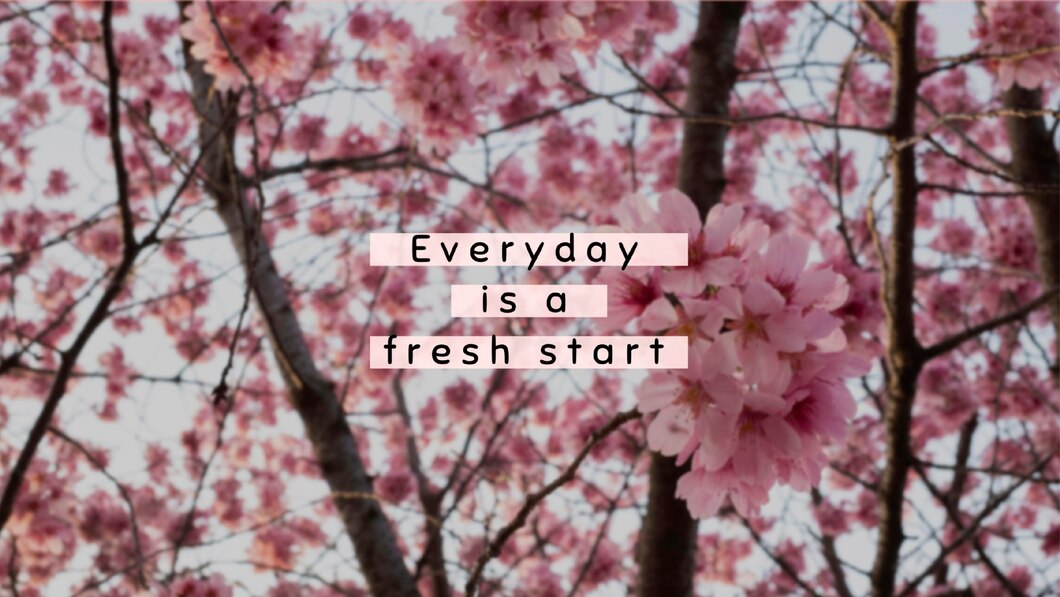
The difference between learning and ruminating
Everyone says you should “learn from your mistakes,” but most people confuse learning with ruminating. They’re not the same thing. Not even close.
Ruminating looks like this:
- Replaying the mistake obsessively.
- Analyzing every detail repeatedly.
- Imagining how you could have done things differently.
- Feeling progressively worse about yourself.
- Getting stuck in shame spirals that last for hours or days.
- Using the mistake as evidence for negative beliefs about yourself.
Learning looks like this:
- Acknowledging what happened without judgment.
- Identifying what specific thing didn’t work.
- Understanding what you’d do differently with the same information you had then.
- Extracting a principle or guideline for similar future situations.
- Making appropriate amends if necessary.
- Moving forward with adjusted behavior.
The key difference: Learning is forward-focused. Ruminating is past-focused.
When you’re learning from a mistake, you’re asking: “How can I use this information to make better choices going forward?”
When you’re ruminating about a mistake, you’re asking: “How could I have been so stupid? What’s wrong with me? How do I make sure I never feel this bad again?”
Real learning example: Mistake: You snapped at your partner because you were stressed about work. Learning: “When I’m stressed, I need to take a few minutes to decompress before engaging in important conversations. Next time I feel that wound-up, I’ll tell my partner I need 10 minutes to breathe before we talk.”
Ruminating example: Same mistake. Ruminating: “I’m such a terrible partner. I always take my stress out on the people I love. I’m just like my dad. I probably traumatized them. They’re going to leave me. I shouldn’t be in a relationship if I can’t control my emotions. What’s wrong with me?”
See the difference? One leads to changed behavior. The other leads to shame spirals and self-attack.
The mythology of “good” people who don’t make mistakes
Part of why you can’t forgive yourself is because you’ve bought into this idea that good people don’t make mistakes. That somehow, if you were really a good person, you would have known better, done better, been better.
This is mythology. It’s not how humans work.
Good people make mistakes all the time. They hurt people they love. They make bad decisions. They say the wrong thing at the wrong time. They trust the wrong people. They react from their wounds instead of their wisdom.
The difference between good people and problematic people isn’t that good people don’t make mistakes. It’s how they handle the mistakes when they make them.
Good people:
- Take responsibility without making excuses.
- Make genuine amends when they’ve hurt someone.
- Learn from the experience and change their behavior.
- Feel appropriate guilt without drowning in it.
- Use their mistakes as opportunities for growth.
Problematic people:
- Blame others for their mistakes.
- Make excuses or minimize the impact.
- Repeat the same patterns without learning.
- Either feel no guilt or use guilt to manipulate others.
- Use their mistakes as evidence that they’re victims.
You’re not a bad person for making mistakes. You might be a bad person if you make mistakes and don’t care about the impact, don’t try to repair the damage, and don’t make any effort to do better.
But if you’re reading an article about how to let go of past mistakes, I’m guessing that’s not you.
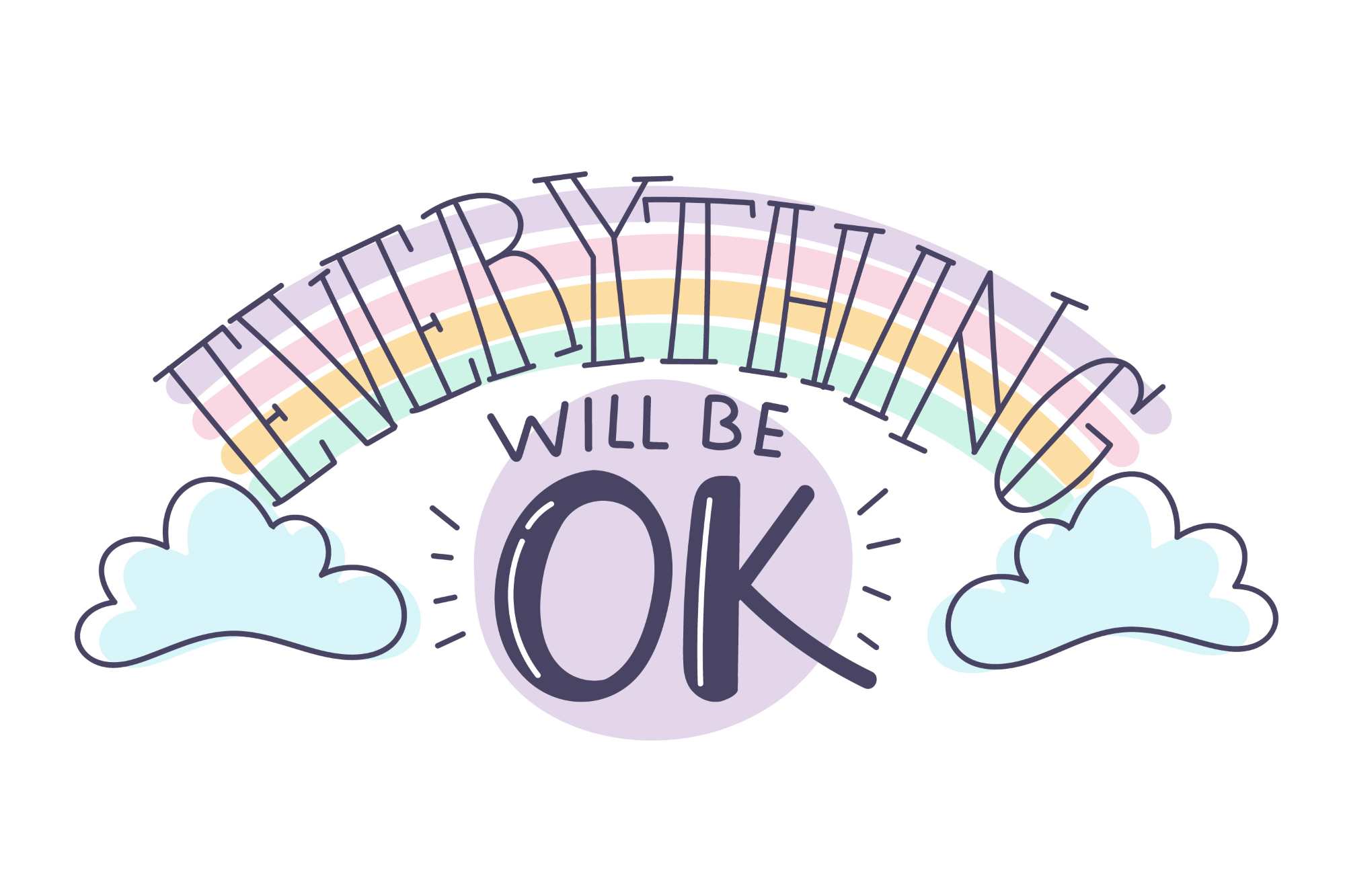
The four forgiveness blockers (and how to break through them)
“I should have known better”
You’re judging your past self with current wisdom. But you made the best decision you could with the information and emotional capacity you had then. Try: “Now I know better, and I can choose differently.”
“The consequences were too serious”
Continuing to punish yourself doesn’t undo consequences or honor people who were hurt. What helps is learning from it, making appropriate amends, and preventing similar situations.
“I hurt someone I love”
You can’t control their healing timeline or force forgiveness. Focus on taking responsibility, making sincere amends, changing behavior, and giving them space to heal.
“I keep repeating the same patterns”
If you’re repeating mistakes, you’re feeling bad about them instead of learning from them. Look for the underlying need, fear, or belief driving the behavior pattern.
The practice of conscious self-forgiveness
Self-forgiveness isn’t a one-time event where you decide to let yourself off the hook. It’s an ongoing practice that you have to choose again and again, especially when your brain tries to drag you back into the guilt spiral.
Simple daily practice: When you catch your mind replaying an old mistake, interrupt it by asking: “What’s one small thing I can do right now to move forward?” Then do that thing, even if it seems unrelated to the mistake.
Quick lesson extraction: Write down three things: what happened (facts only), what you learned, and what you’ll do differently next time. Then close the mental file on it.
The key is learning to interrupt the mistake replay cycle when it starts. This takes practice because your brain has been running the guilt pattern for so long that it feels automatic. But with consistent interruption and redirection, you can train your brain to use mistakes as springboards for growth instead of anchors that keep you stuck.
Try this right now: The emotional weight release
Most people think letting go happens in their head, but your body is where you actually store emotional baggage. Here’s a simple exercise that creates an immediate, physical shift:
Step 1: Think of that mistake that keeps replaying in your mind. Notice where you feel it in your body – your chest, your stomach, your shoulders.
Step 2: Find a small object near you – a pen, a coin, a piece of paper. Hold it in your hand and imagine transferring all the weight of that mistake into this object. Really feel the heaviness of the guilt, shame, and regret moving from your body into your hand.
Step 3: Now clench your fist around the object as tightly as you can for 30 seconds. Feel the tension. This is what holding onto your mistakes does to your entire body.
Step 4: Take a deep breath and open your hand. Let the object drop. As it falls, say out loud: “I release what no longer serves me.”
Step 5: Notice the immediate relief in your hand, then scan your body. Most people feel an instant lightness where they used to carry the emotional weight.
This works because your nervous system doesn’t distinguish between symbolic and real release. When you physically let go, your body learns what emotional letting go feels like.
After the release practice answer these and watch your perspective shift:
Grab a pen and paper – the magic happens when you see your thoughts written down:
- What story have you been telling yourself about this mistake?
- What were you actually feeling in that moment – fear, pressure, exhaustion, or simply not knowing better?
- If your best friend made this exact same mistake, what would you tell them?
- What proof do you have that this mistake actually defines who you are as a person?
- Who taught you that mistakes make you unworthy of forgiveness?
Don’t just think about these – actually write down your answers. Most people are stunned by what comes up when they get honest on paper.
Making amends without making yourself crazy
If your mistake hurt someone else, making amends is part of the healing process. But there’s a right way and a wrong way to do this.
The right approach involves taking full responsibility without making excuses, acknowledging the specific impact of your actions, expressing genuine remorse, and changing your behavior going forward. You also need to give the other person space to heal at their own pace.
The wrong approach includes apologizing repeatedly for the same thing, making your guilt their problem to solve, pressuring them to forgive you quickly, or using your apology to make yourself feel better rather than to repair the damage.
The key is understanding that you can’t control their forgiveness timeline, and their healing process isn’t your responsibility to manage. Your job is to do the work to become someone who wouldn’t make that mistake again.
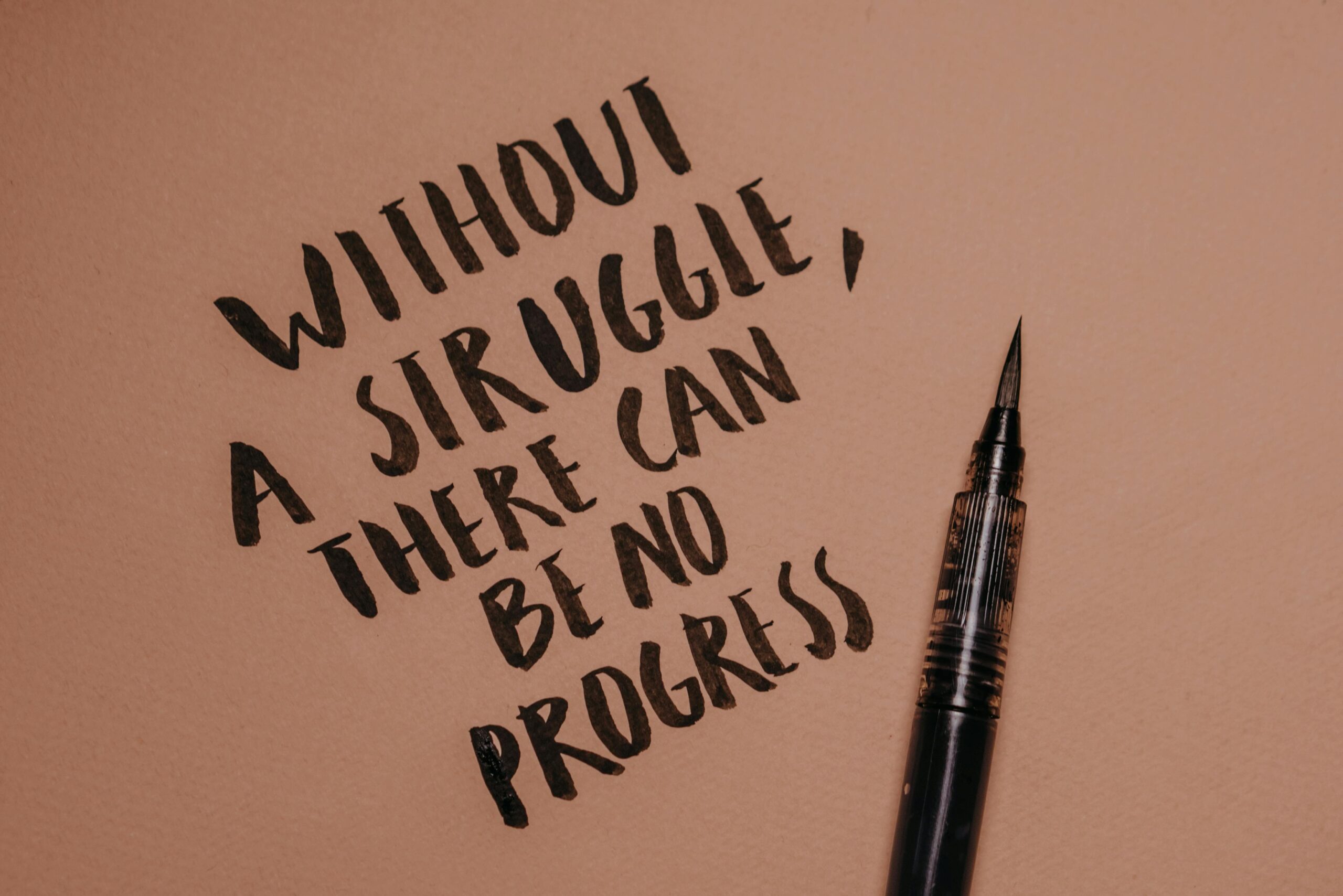
When other people won’t let you move on
Sometimes the hardest part of letting go of mistakes isn’t your own mind – it’s other people who want to keep reminding you of what you did wrong.
The key is understanding what you can and can’t control. You can acknowledge your mistakes, change your behavior, and show through consistent actions that you’ve grown. What you can’t control is other people’s forgiveness timelines or their need to hold onto your past mistakes.
Setting boundaries around rehashing old issues is crucial. You can take responsibility without accepting permanent punishment. Some people won’t be able to move forward with you, and that’s their choice – not a reflection of whether you deserve forgiveness.
Building a new relationship with failure
The goal isn’t to never make mistakes again. That’s impossible and would require you to stop trying new things, taking risks, or being human.
The goal is to develop a healthier relationship with mistakes when they inevitably happen.
Healthy mistake processing:
- Notice what happened without immediately jumping to character assassination.
- Feel the emotions (disappointment, regret, embarrassment) without wallowing in them.
- Take responsibility for your part without taking responsibility for everything.
- Extract the lesson without extended analysis.
- Make appropriate amends if needed.
- Adjust your behavior going forward.
- Move on with compassion for your human imperfection.
Questions for future mistakes:
- What information do I have now that I didn’t have then?
- What would I do differently in a similar situation?
- What boundary, skill, or support do I need to handle this better next time?
- How can I repair any damage done?
- What’s my next right step?
Notice what’s missing from that list? “What’s wrong with me?” and “How could I be so stupid?” Those questions don’t help you learn or grow – they just help you feel terrible.
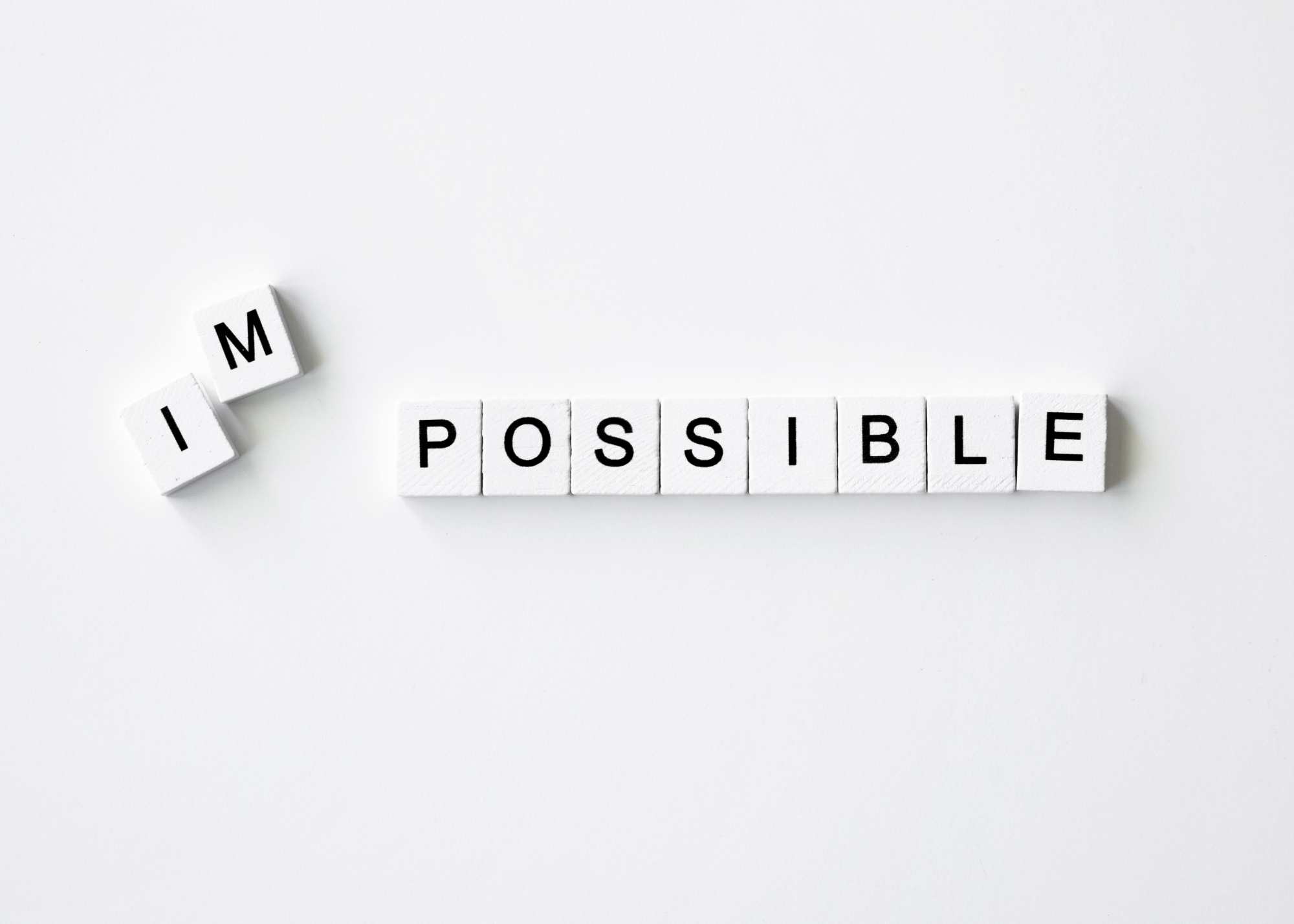
The life you’ll have when you stop carrying mistakes like luggage
When you finally let go of that collection of past mistakes you’ve been carrying around, something incredible happens. You don’t just feel lighter – you start making decisions differently.
You apply for opportunities without letting past rejections define your worth. You have difficult conversations without replaying every past communication failure. You take creative risks without being paralyzed by the fear of making another “mistake” to add to your collection.
You start making decisions from possibility instead of fear.
Instead of “I can’t do that because I might mess up again,” you think “I can try that and if it doesn’t work out, I’ll learn something.”
Instead of “I’m not the kind of person who succeeds at this,” you think “I’m someone who’s willing to experiment and see what happens.”
Instead of “I always screw things up,” you think “I’m human, so sometimes things don’t go as planned, and that’s okay.”
You start treating yourself like someone deserving of good things.
Instead of believing you need to earn your worth through perfect behavior, you understand that your worth is inherent.
Instead of seeing yourself as fundamentally flawed, you see yourself as fundamentally learning.
Instead of carrying guilt like a security blanket, you carry curiosity like a compass.
You stop making your past mistakes bigger than your future possibilities.
Your mistake from three years ago doesn’t get to vote on whether you apply for that job, start that relationship, or try that new thing.
Your worst moment doesn’t get to define your next moment.
Your past doesn’t get to write your future.
The person you were when you made that mistake isn’t the person you are now. You’ve learned things. You’ve grown. You’ve developed new skills, gained new insights, and built new awareness.
Trust that growth. Honor that learning. And let yourself move forward into the life you actually want instead of the life you think you deserve based on old mistakes.
Your past mistakes are just data points in a life that’s still being written. They don’t get to be the whole story. Transforming your relationship with mistakes requires structured practice and proven tools. Personal growth workbooks provide the systematic approach that turns insights into lasting emotional freedom.
Ready to stop carrying the weight of past mistakes?
If you’re exhausted from replaying old failures and ready to build a healthier relationship with your imperfect past, my Letting go workbook provides 30 days of practical exercises to help you process emotions, extract lessons, and redirect your energy toward creating the future you actually want.
You’ll learn:
- How to interrupt the mistake replay cycle that keeps you stuck
- Techniques for extracting wisdom without extended self-punishment
- Tools for making appropriate amends without taking on everyone else’s healing
- Practices for building self-compassion and forward momentum
For complete emotional freedom, the Self-love bundle includes everything you need to release the past, build unshakeable self-worth, and create confidence that can handle whatever mistakes come next.
Release your past and reclaim your future
Your mistakes don’t define you. What you do next does.

